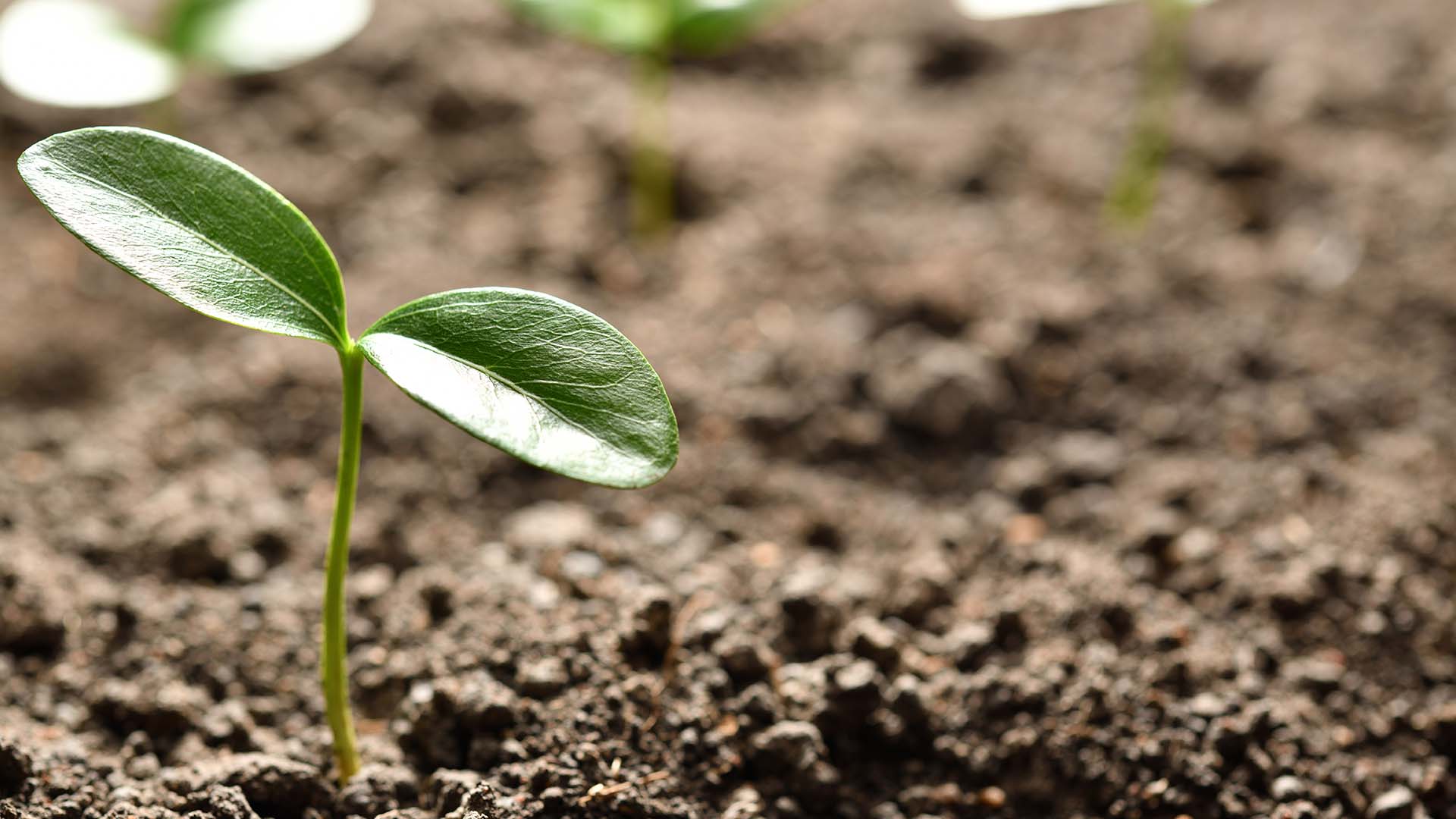Growing a tree is grand work: it requires grit, a whole lot of TLC, and exceptional skills to keep it alive.
But green thumb or not over 1.3 million Filipinos are now putting their tap-happy fingers to work to help the country increase its forest cover through GCash Forest, a special feature on the GCash app that strives to boost reforestation efforts while building a cashless nation.
GCash Forest allows users to grow virtual trees that will have real-life counterparts at the Ipo Watershed, a source of Metro Manila’s critical water supply that is losing forest cover at an alarming rate.
A personal carbon tracker, GCash Forest keeps tabs of how much emission subscribers have avoided by choosing greener activities, which have corresponding “green energy” points that accumulate when done frequently.
Once GCash users have enough energy points, they can choose which native tree to plant in selected areas of the Ipo Watershed. These areas are managed by GCash partner WWF-Philippines.
“We are truly inspired by the surge in the number of users joining our green movement and this continues to motivate us to help the country save our dying forests and fight climate change through our initiative,” said Ney Villaseñor, chief corporate affairs officer of Mynt, the company that runs GCash.
Over 500,000 GCash users enlisted in GCash Forest when it was first launched on June 25. This doubled to 1.3 million early October, whose green actions result in millions of grams of carbon emissions avoided, according to company estimates.
GCash hopes to plant at least 365,000 trees in one year to compensate for the roughly 620,000 trees lost every year since 1990.
Under the GCash “green movement,” anyone can be a green hero without the need to go out of the city and hold real dirt. The tasks of caring and growing a tree has been simplified to small, easy Earth-friendly acts:
Watering a plant is equivalent to buying load; putting fertilizer is akin to doing cashless transactions such as paying bills or sending money online; and pruning dried leaves or tilling the soil is parallel to refusing straws in partner cafes like Coffee Bean and Tea Leaf and Bo’s Coffee or buying a green eco-bag at partner merchant Puregold.
These little green acts have corresponding “green energy” points that feed the virtual tree. Paying a bill through GCash may earn you 253 grams of green energy while walking (you have
to link your phone’s health app with the GCash app) will give you at least 9 grams. One needs over 20,500 grams of green energy to be able to plant a yakal tree in real life.
While it may take a little while to accomplish this—just as a tree needs time to grow, GCash is launching new ways to give users the extra push to raise their virtual trees faster: using GCash’s Cash-in, Express Send and Save Money features. Aside from Yakal, the company will also be including narra and dungon in the tree selection at lower values.
“In the digital age when everything is almost at our fingertips, it’s no longer an excuse to just sit on the sidelines and watch Mother Nature slowly die. GCash has found a way to use technology and our smartphones to help fight climate change and we hope that more Filipinos join our movement,” said Villaseñor.








